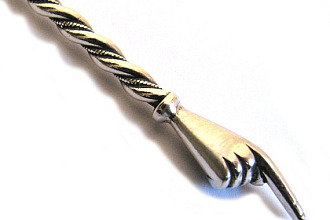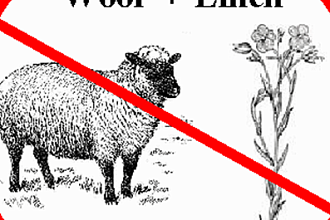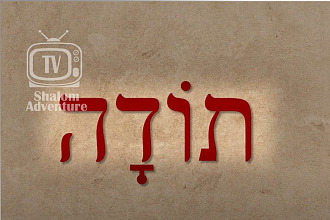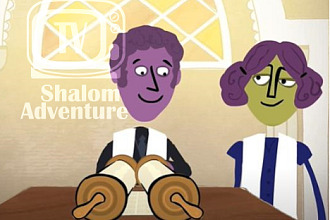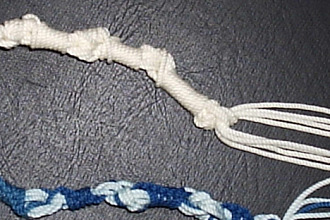A get is a divorce under halacha, or Jewish law. The word can also refer to the document that grants the get, though its technical name is sefer k'ritot, or scroll of severance. The sefer k'ritot is a no-fault document, not citing any specific reasons for the divorce, though a sofer or scribe writes it out specifically for the couple involved.
A literal interpretation of the law states clearly that only a man may initiate divorce proceedings. Some Orthodox authorities still hold strictly to this law but Conservative, Reform, and even many Orthodox authorities agree that although the Talmud says it is the husband who must have the sefer k'ritot written, the wife may begin the process of the get by convening a beit din (rabbinical court).
Jewish law allows for divorce under many circumstances, including what civil law calls "irreconcilable differences." Because Jewish law values marriage so highly, it looks unkindly on any abuse of the marital bond by either partner.
In halacha, marriage is a sacred commitment between husband and wife, so a get is considered the solution of last resort when there are marital difficulties. Most rabbis will suggest that a couple seek counseling before pursuing a get, unless the rabbi understands that one spouse has been abusive to the other.
The writing of the sefer k'ritot, the delivery of it to the woman, and her acceptance of it constitutes a get. Once she has received the document, a woman is considered divorced, and can, if she chooses, remarry under Jewish law. If she does not get a get, a woman cannot remarry under Jewish law, including in the State of Israel.
In the United States, a get does not constitute a civil divorce and is not recognized by the states. Likewise, a civil divorce dissolves a civil union, but is not considered to dissolve a Jewish marriage in the Orthodox and Conservative movements. (Reform rabbis generally accept a civil divorce as sufficient to dissolve a Jewish marriage.) If a Jewish woman wants to be free of her former husband both legally and under the strictest interpretation of halacha, she needs both a civil divorce and a get, and must initiate proceedings for each individually.
Originally found here
Picture originally found here











